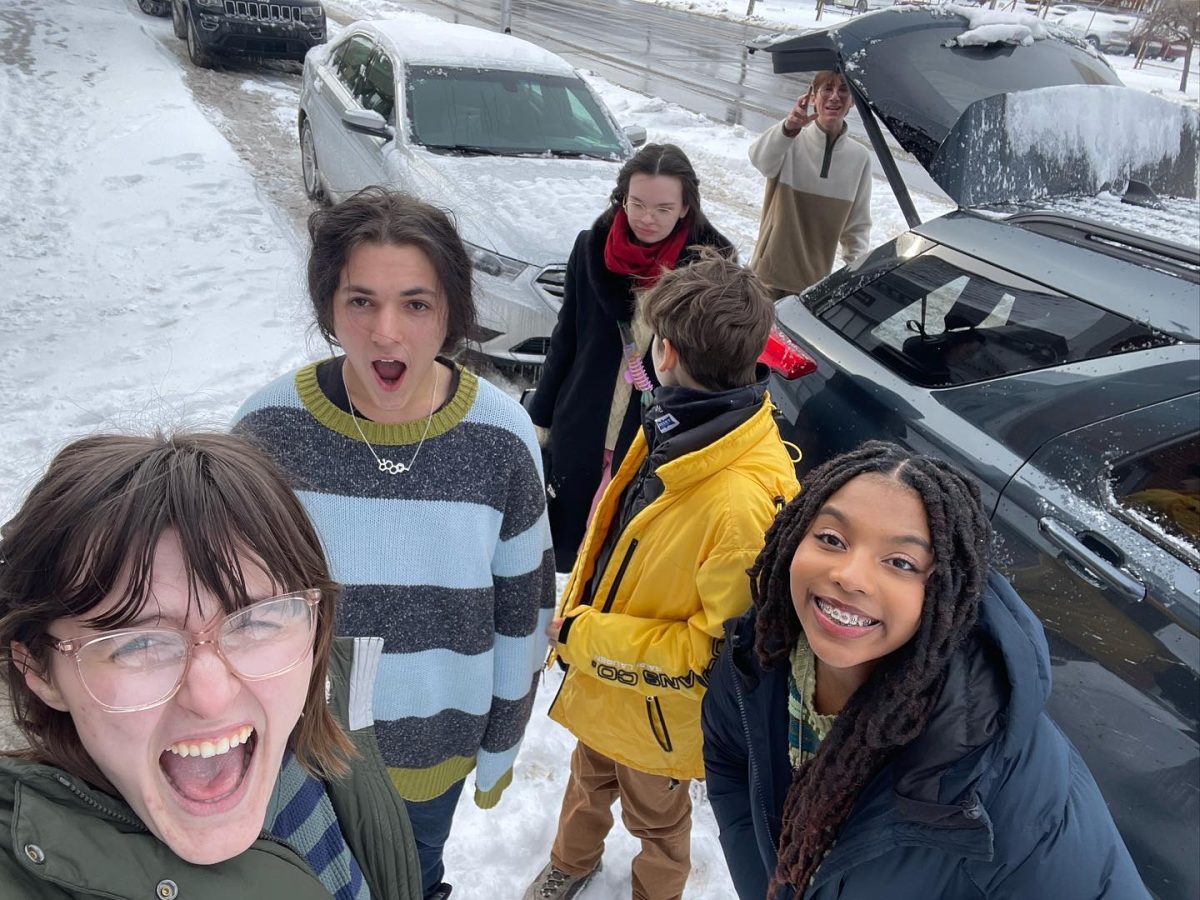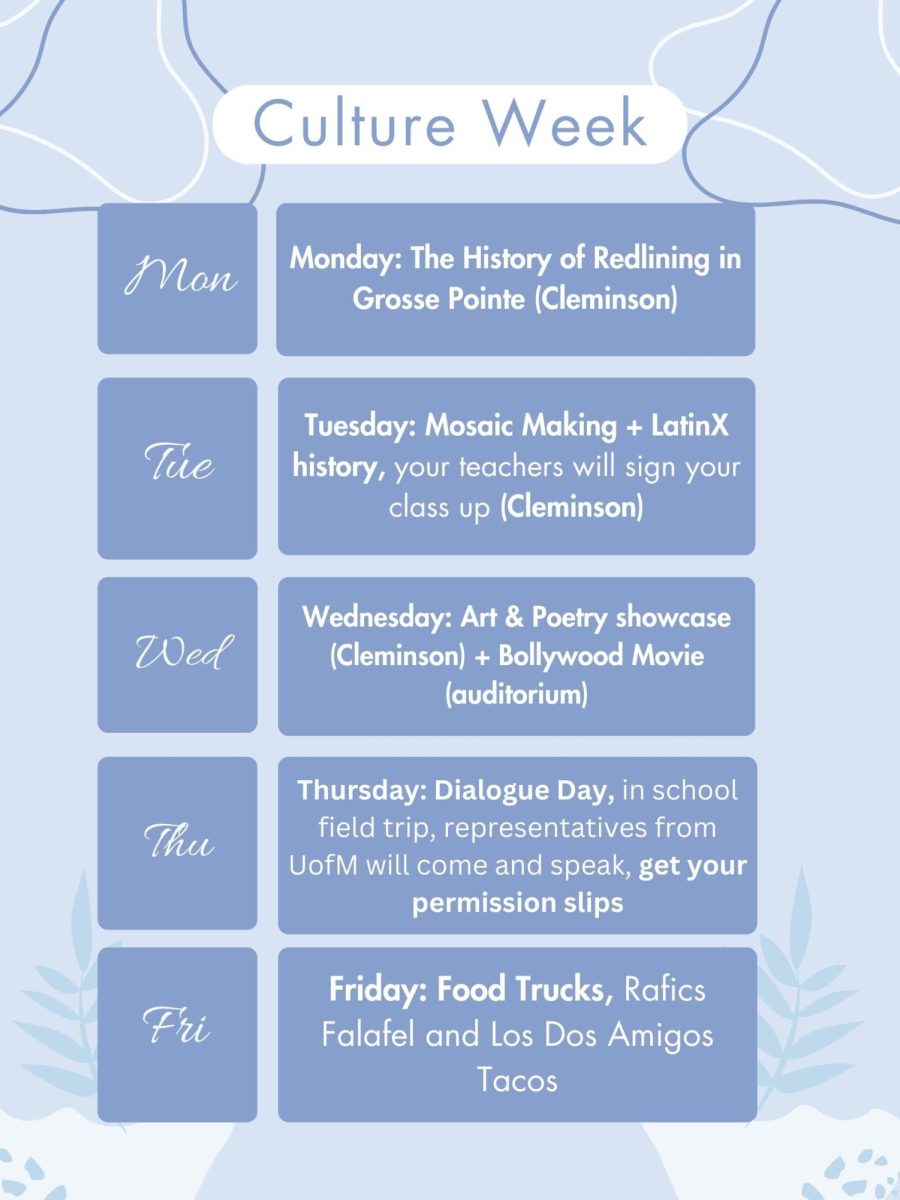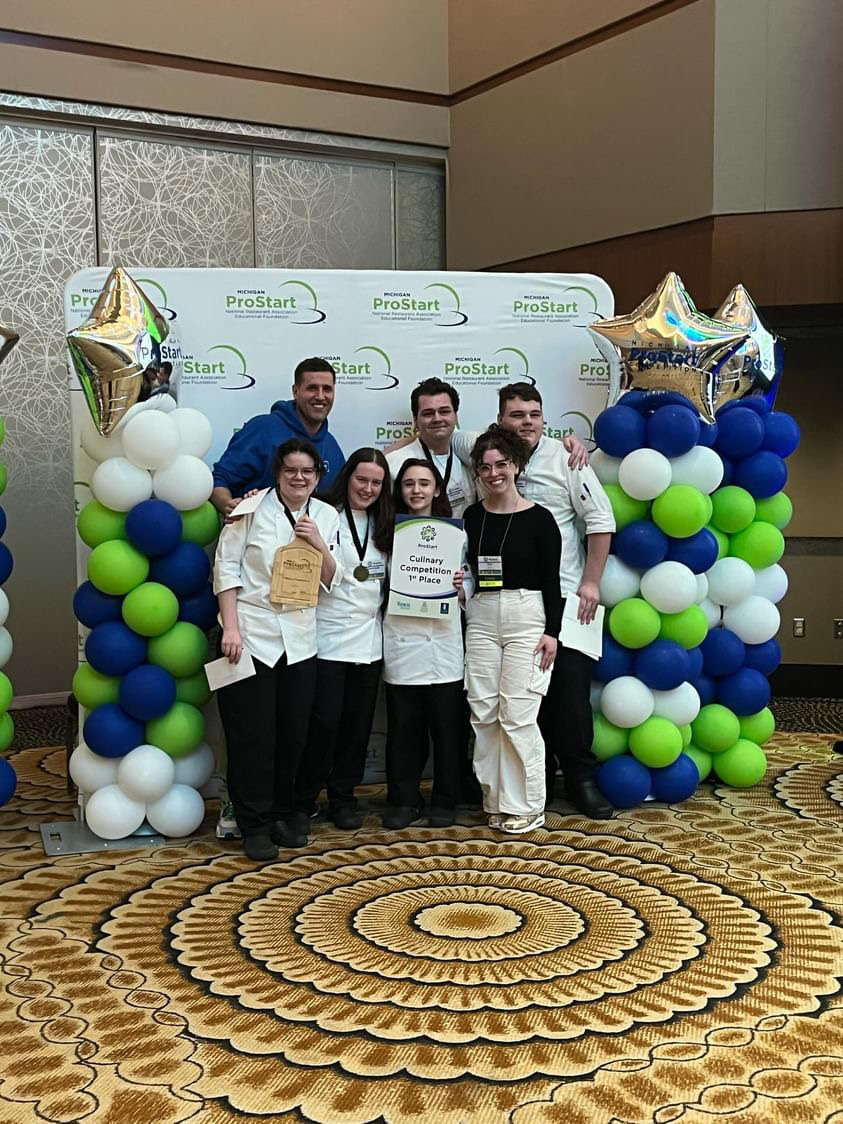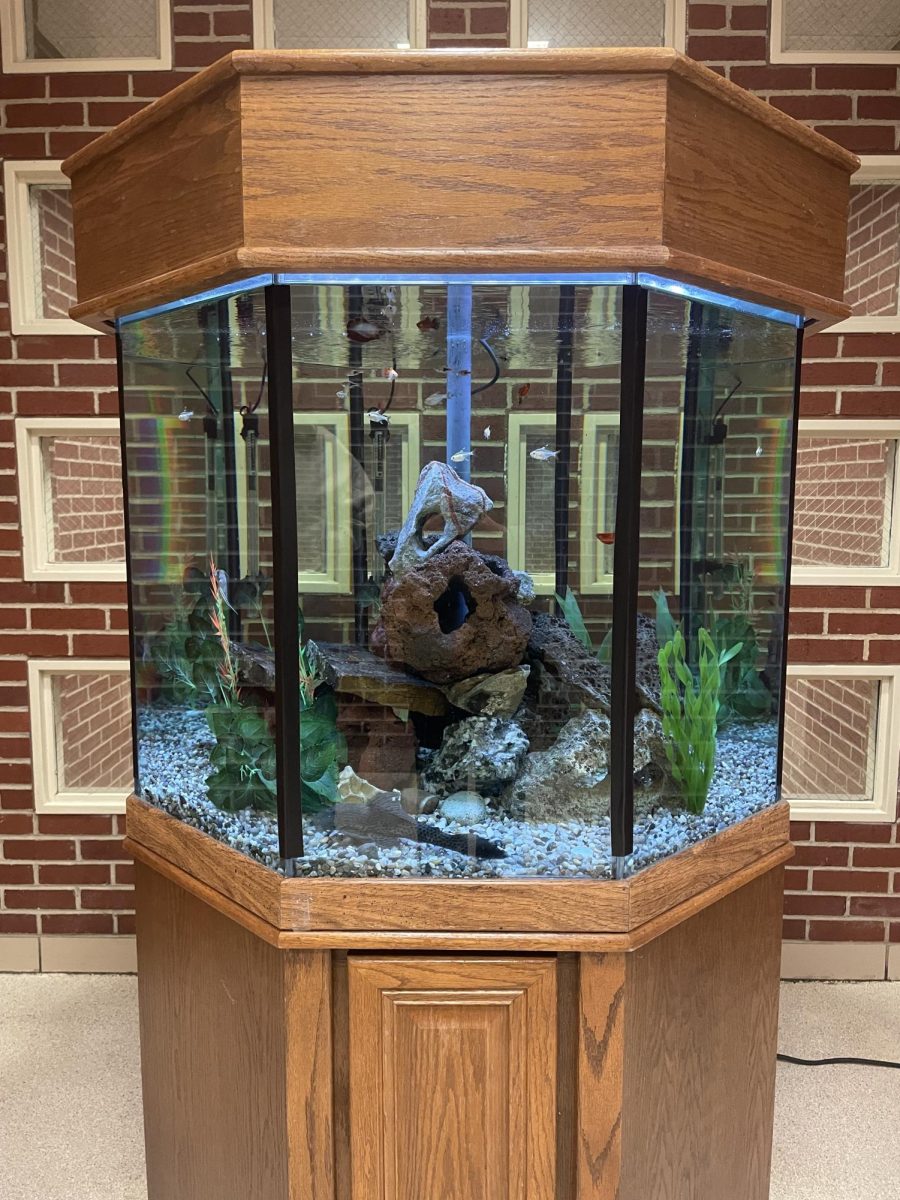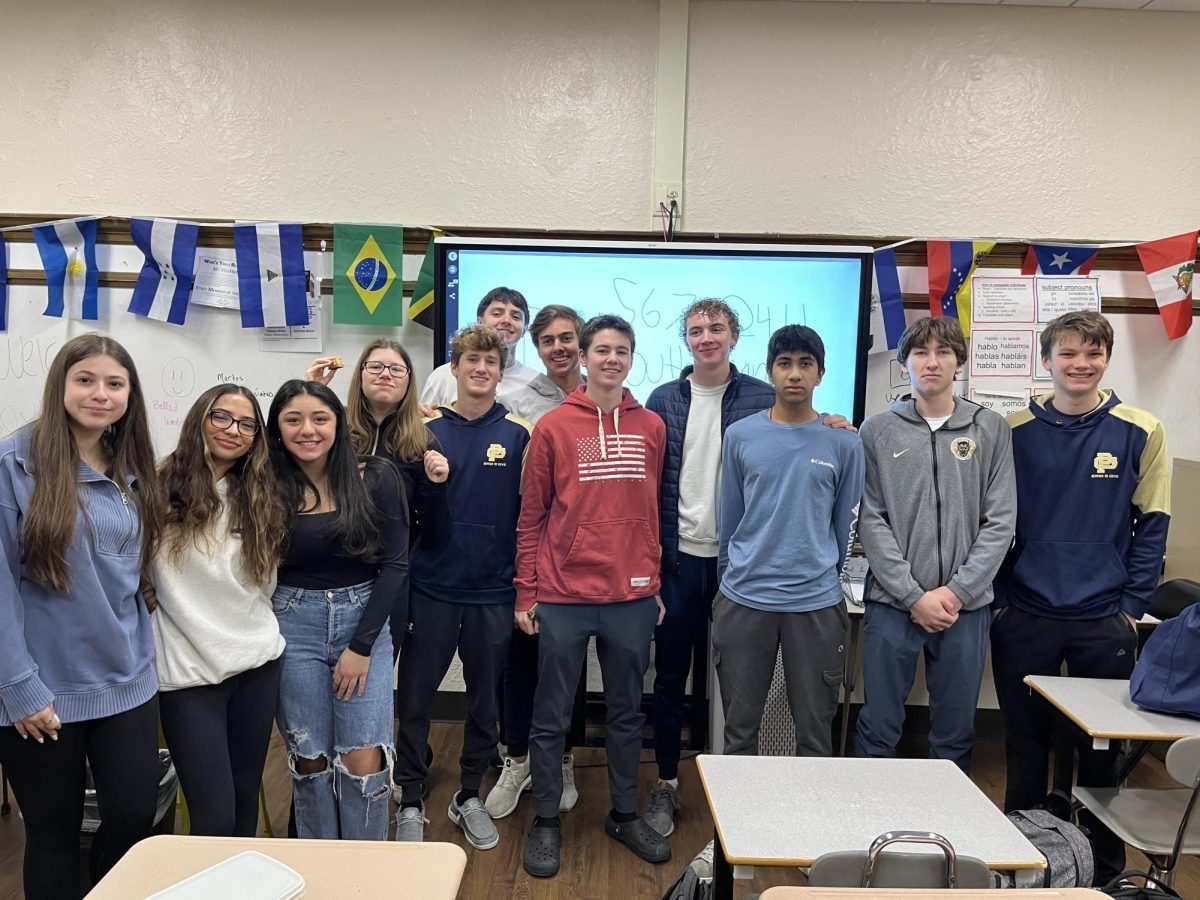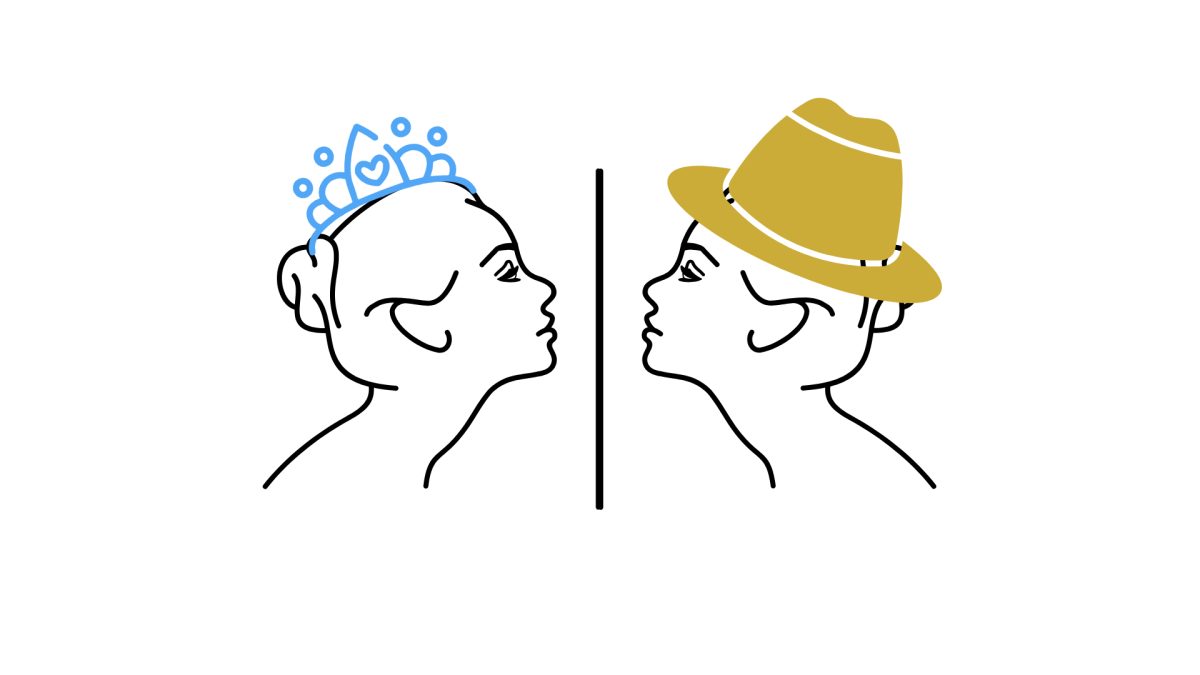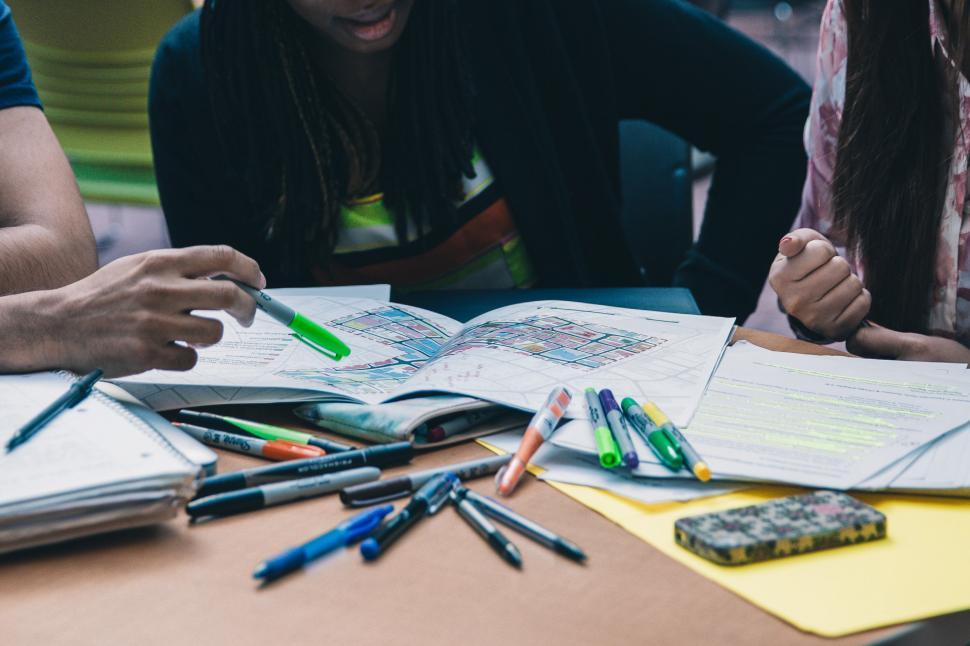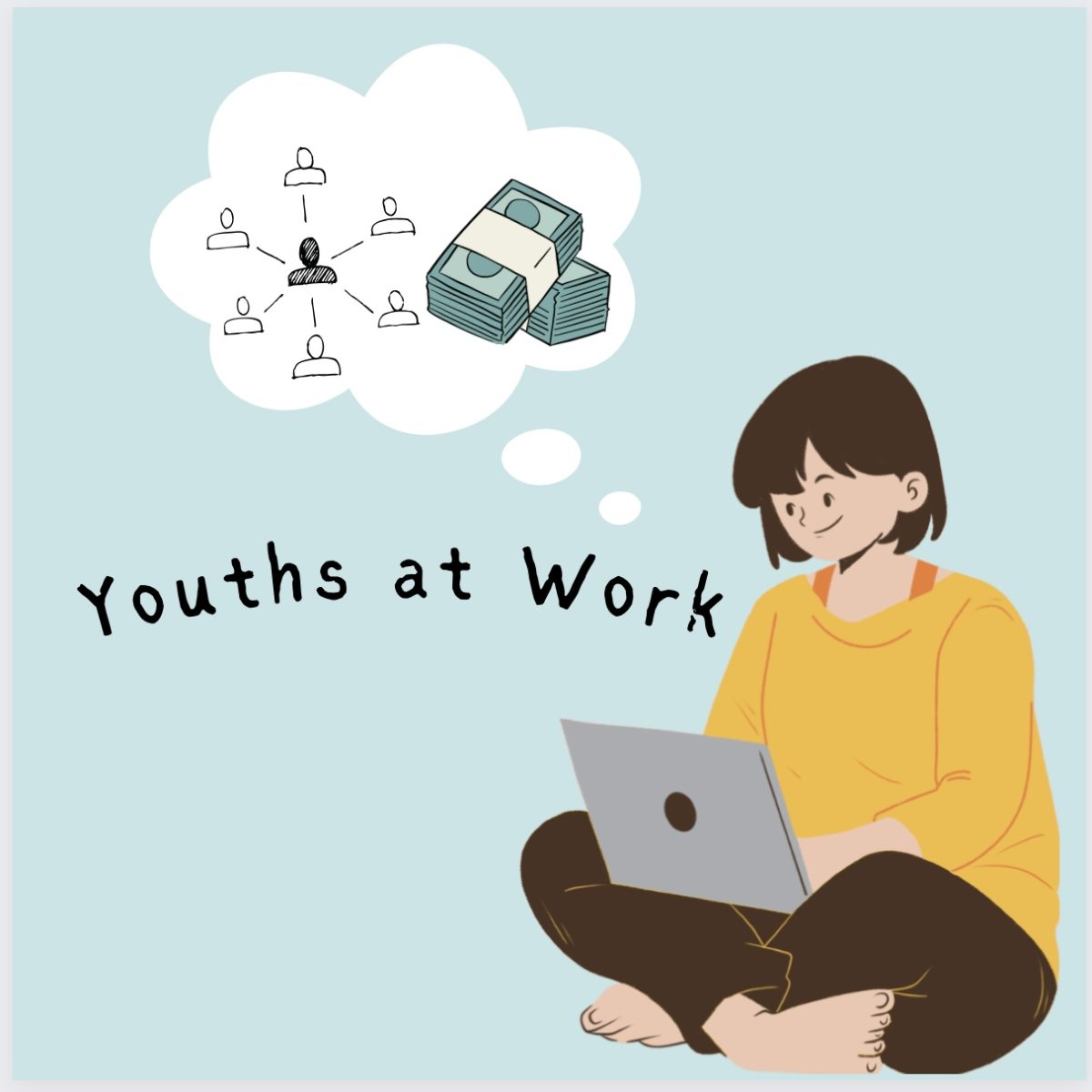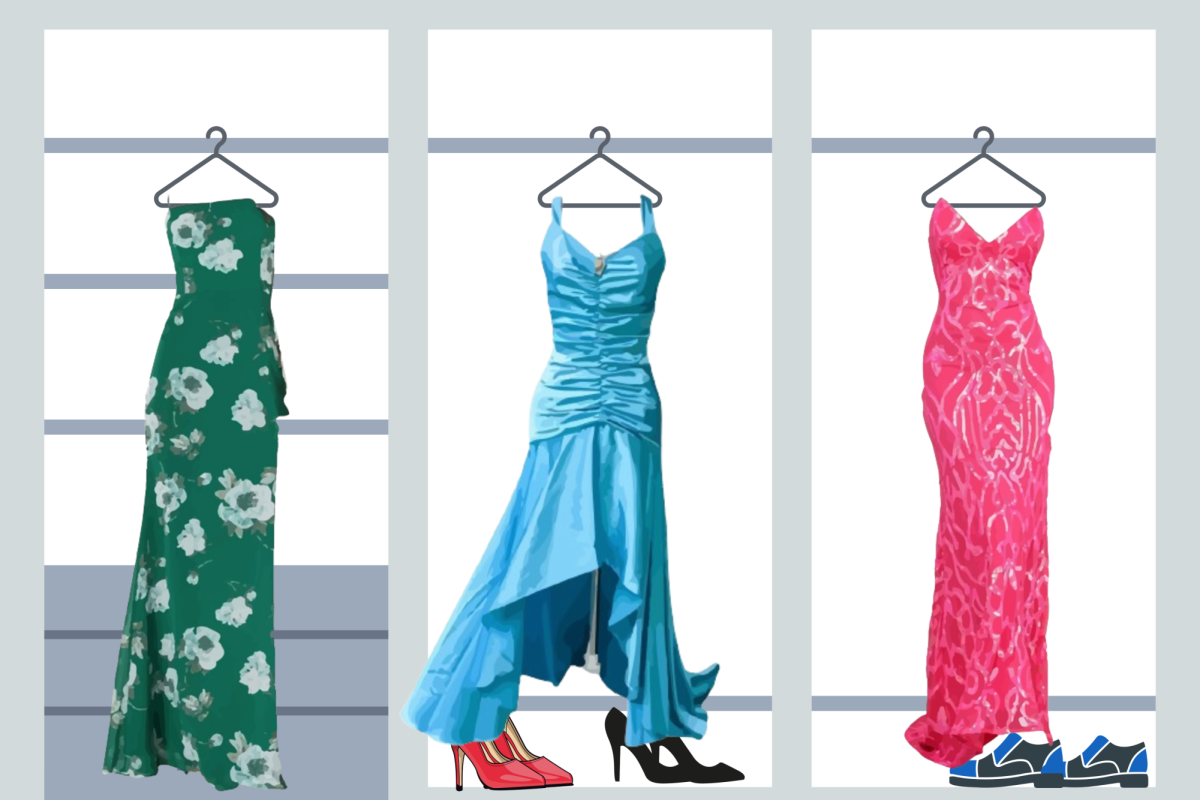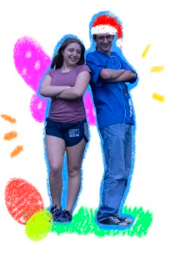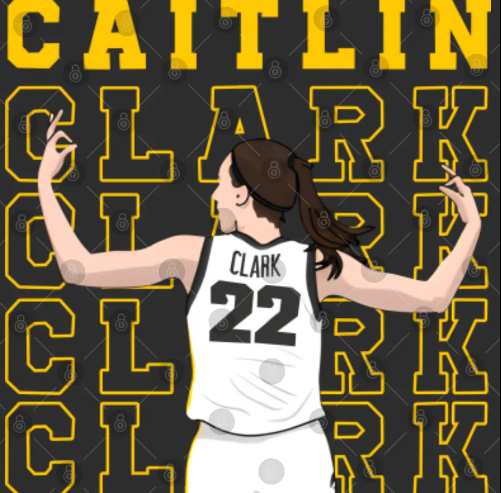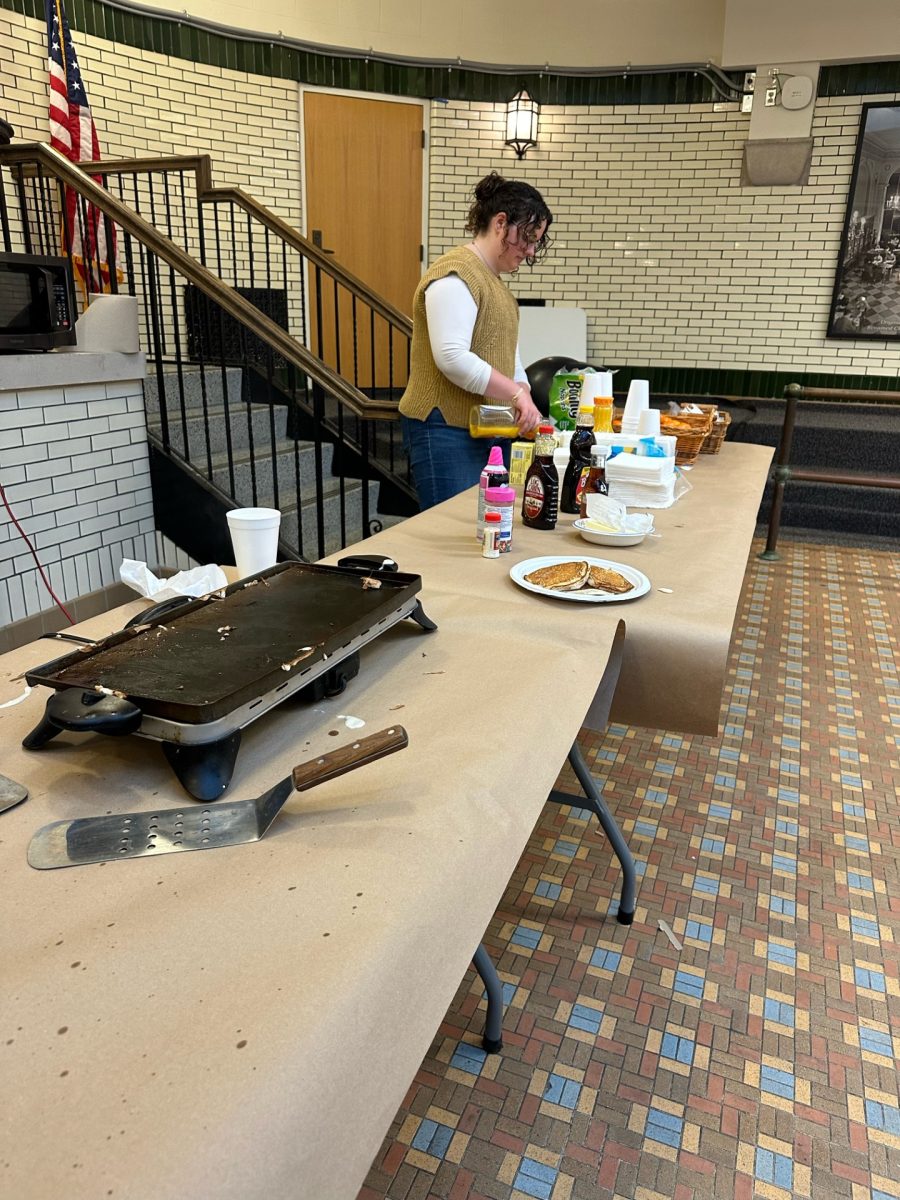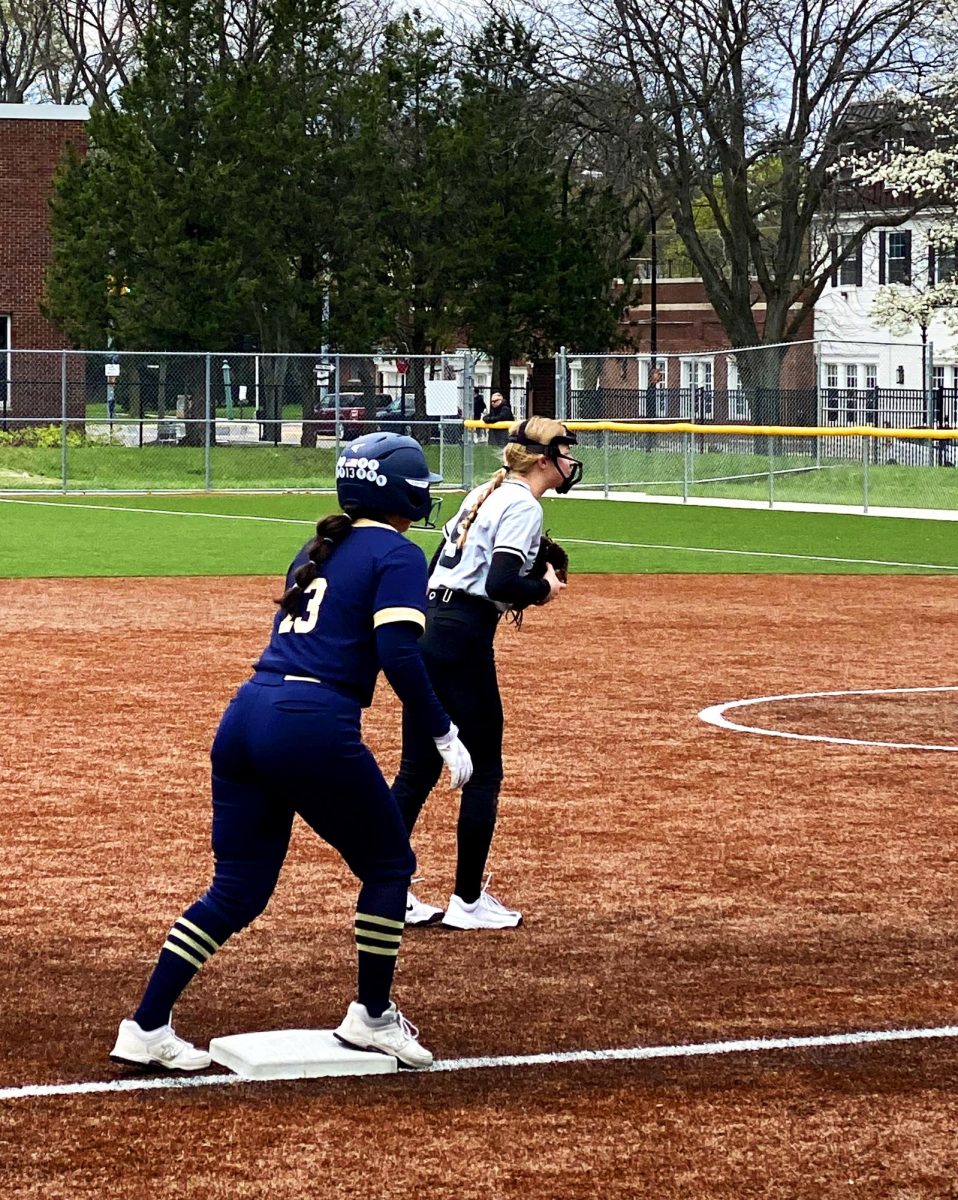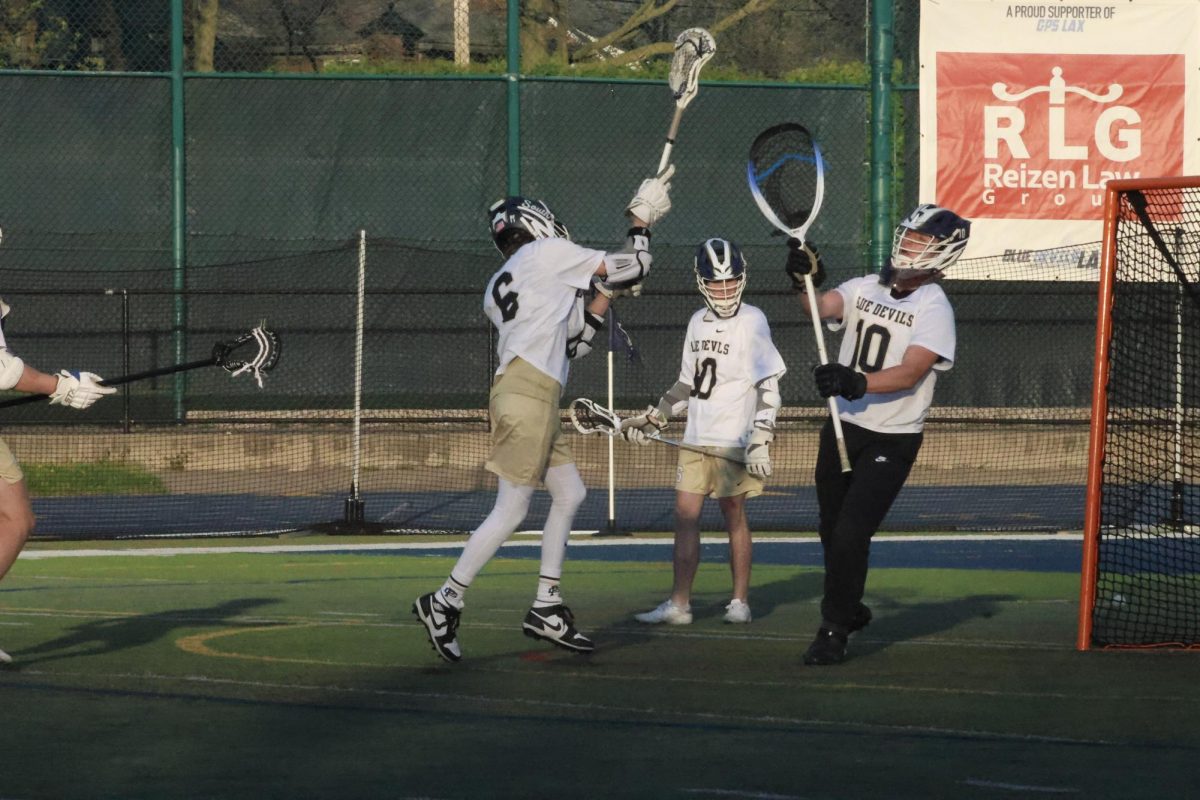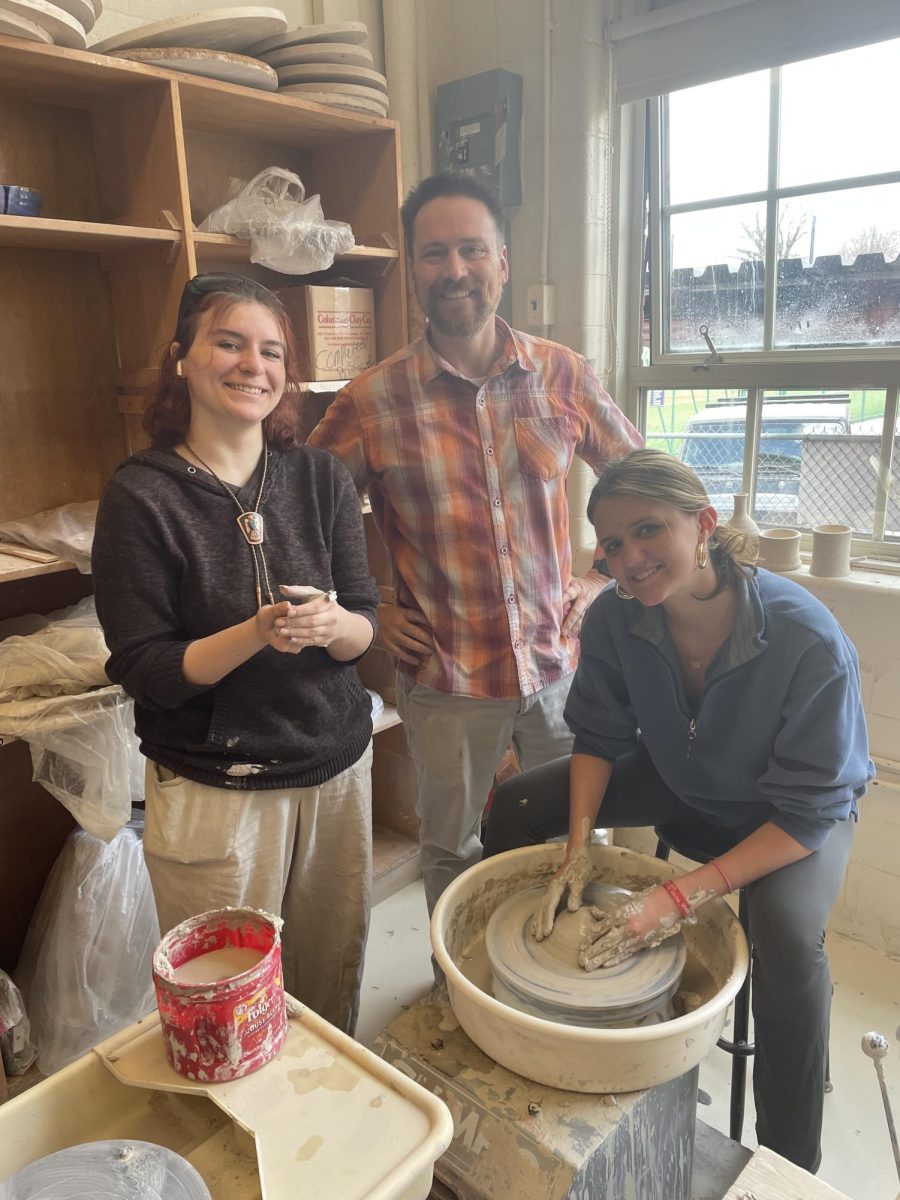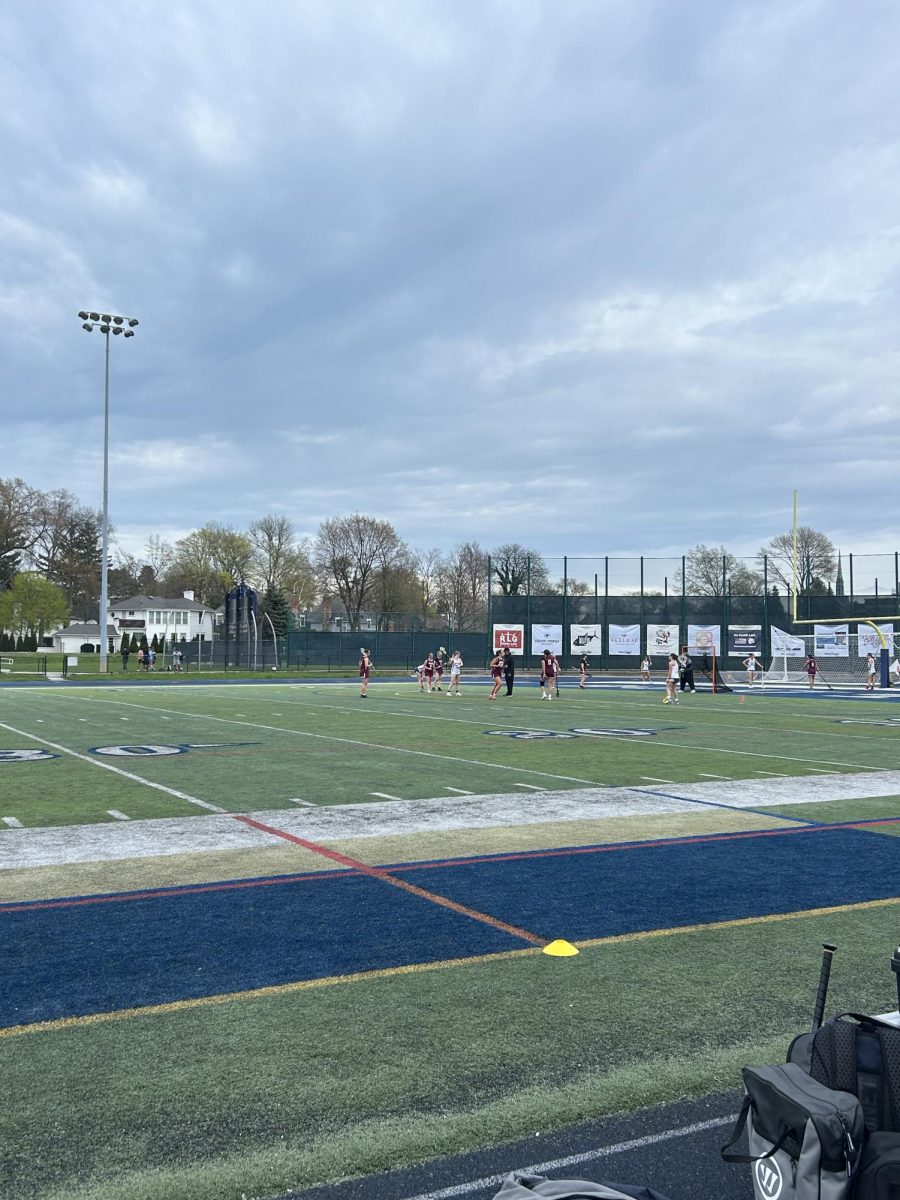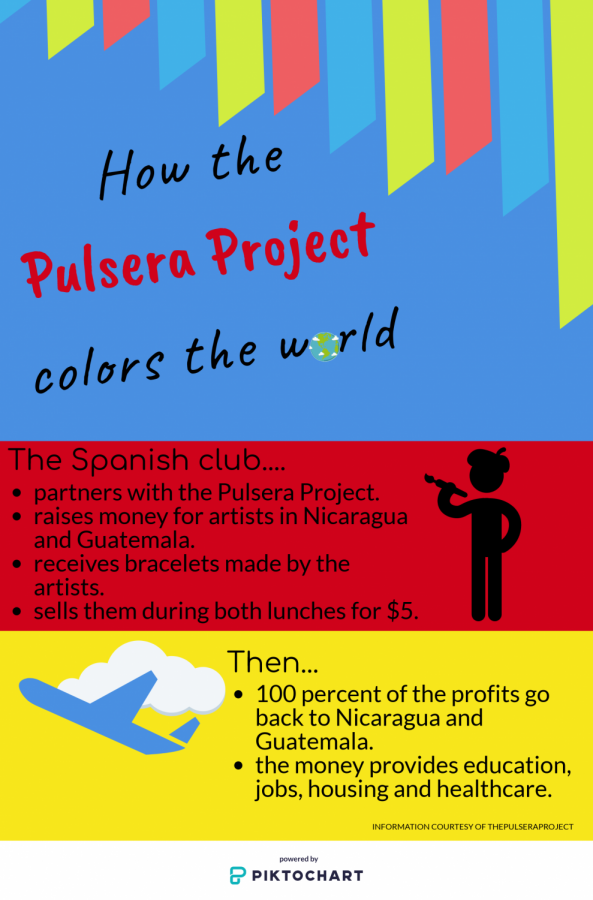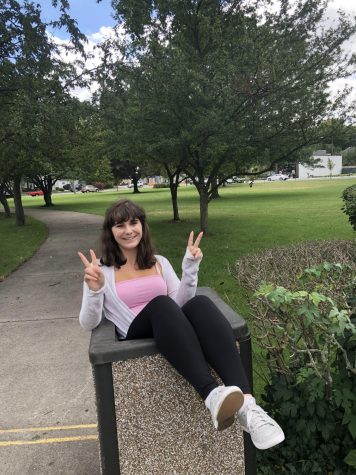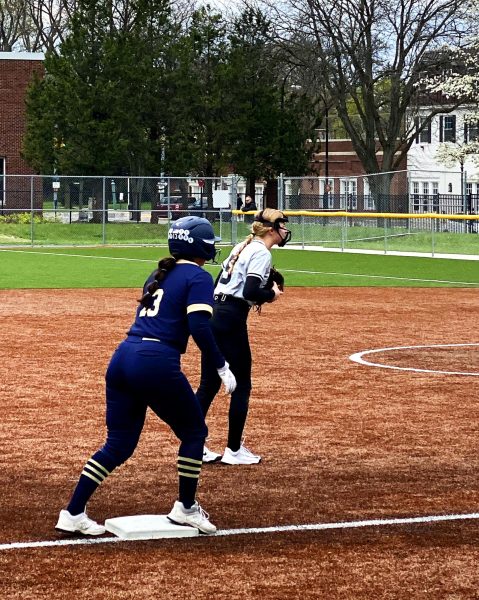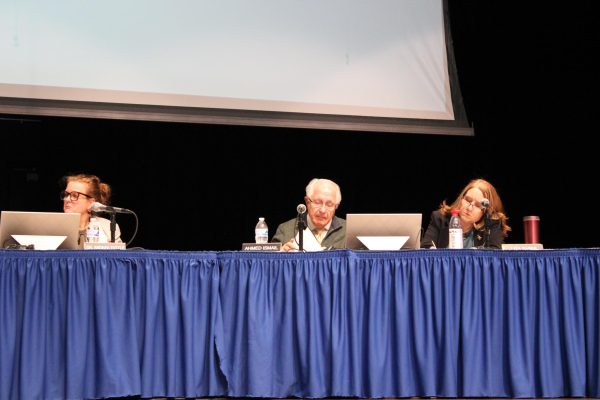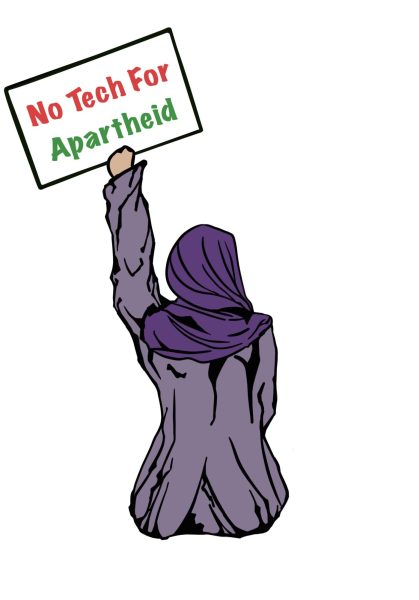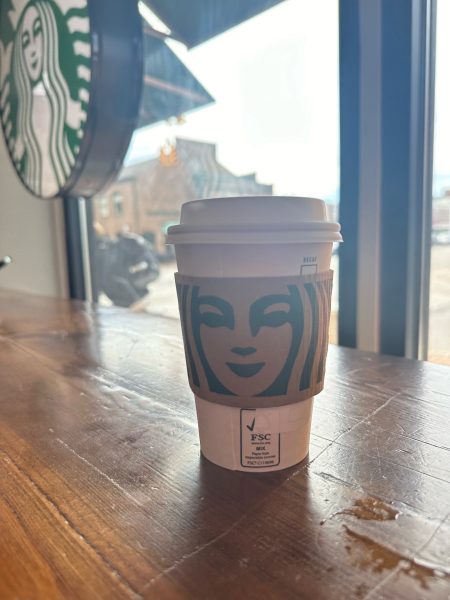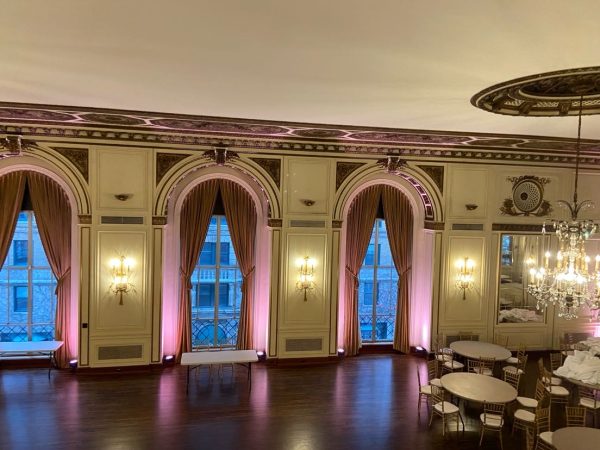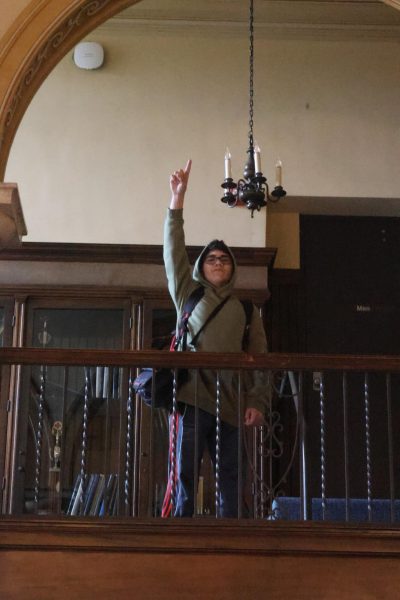Spanish Club brightens school, supports Central American artists with Pulsera Project
April 11, 2019
South’s halls got a little brighter the week of March 29 with the Spanish Club’s fundraiser.
The club sold bracelets called pulseras to raise money for the Pulsera Project, which is a non-profit organization that provides Fair Trade employment to about 200 artists in Nicaragua and Guatemala, according to advisor Christine Borja.
“It educates, empowers and connects Central American artists with our students here in Grosse Pointe,” Borja said. “It is a way for our students to experience a piece of Central American culture by bringing these beautiful hand-woven bracelets into the classrooms, hallways and community in Grosse Pointe.”
The Spanish Club has done this service project for the past seven or eight years, according to Borja. Club members such as Gabriela Moncivais ’20 helped by selling the bracelets for $5.
“A lot of people bought them at both lunches,” Moncivais said. “They were really great, very colorful and fun, so a lot of people were drawn to them.”
While they don’t know the exact amount that was raised, Borja believes that sales were great this year.
“Any time we are able to raise funds to help people around the world and help support the many artists and communities in Nicaragua and Guatemala I consider it a success,” Borja said.
Spanish Club member Maria Haddad ’20 sees the project as a creative way to raise money for a good cause, and encourages students to take part in the Pulsera Project.
“I definitely think that students should get involved with the Pulsera Project because all of the money goes directly back to those who took the time to make the bracelets,” Haddad said.
Borja noted that students enjoy the bracelets for their beauty and the bond they give them to artists in other countries.
“Students enjoy digging through the pulseras to find a hidden gem,” Borja said. “Each pulsera is tagged with a photo and signature of the artist that made that particular pulsera so students feel connected to the artist they are supporting.”
According to Moncivais, all of the profits go back to the Pulsera Project.
“It’s to support the arts and so the money goes back to them and they can have like, better education,” Moncivais said. “They can continue to express themselves in this way and it helps because it’s one of the poorest countries in the world.”
Borja added that the money provides scholarships, housing, healthcare and more to the artists who are involved with the Pulsera Project. She plans for the Spanish Club to take part in this service project in future years.
“It’s nice to see people wearing them,” Moncivais said. “You know they’re willing to help and they have supported something.”


